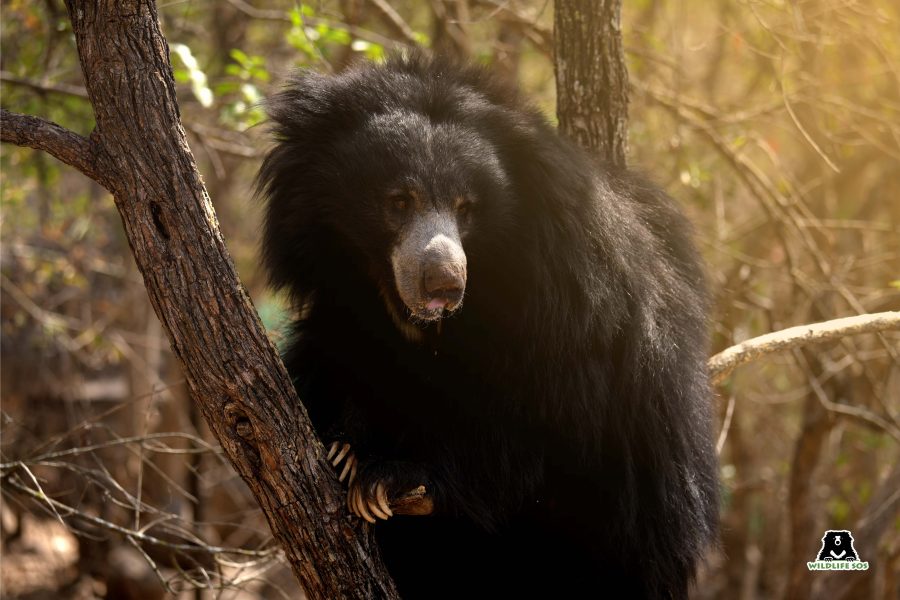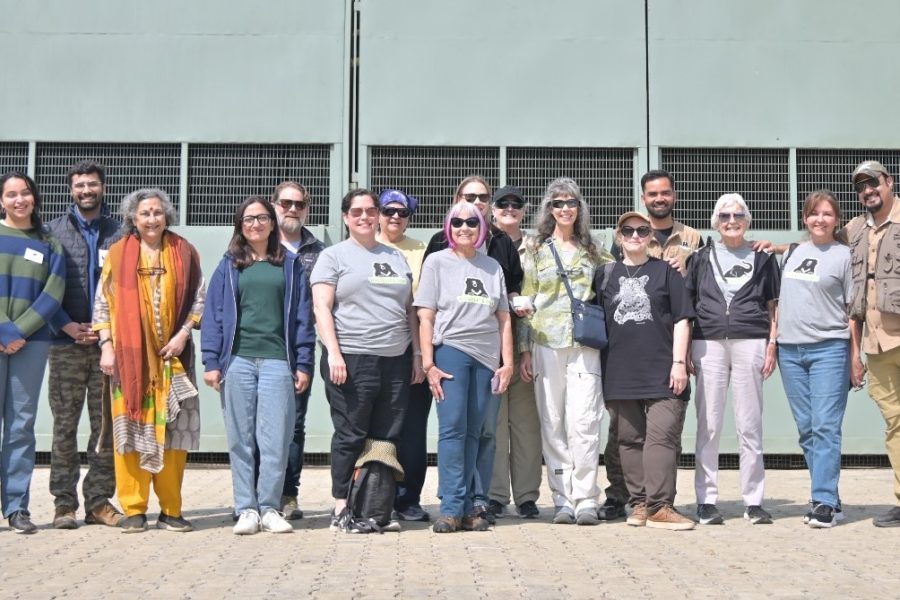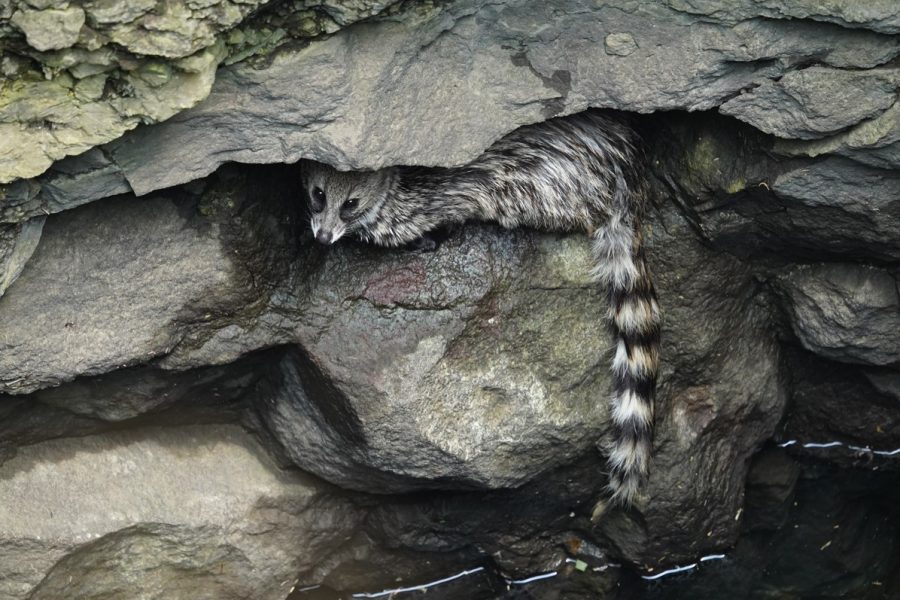Humans and animals have lived on this planet for countless years. As cohabitants, man and wildlife have evolved in multifaceted ways to support their own survival. But some have gone ahead to make exceptional contributions that balance the ecosystem. On World Elephant Day this year, we take a look at the lives of elephants, the largest land mammal on Earth. It is intriguing how these gentle giants have created such a significant impact through their mere presence. Each step they take nurtures life in the wild. Isn’t that beautiful and inspiring? Elephants are known for numerous reasons but the most remarkable of them all is their loyal and selfless commitment to the ecosystem. Let’s delve deeper into how elephants truly are the guardians of the wild.
Keystone Species: Elephants Disperse Seeds
Elephants are one of the biggest herbivores and consume a significant amount of food, which comes as no surprise given their impressive size. On an average, they eat up to 150 kg of food daily while foraging. This further results in the excretion of almost 100 kg (220 pounds) of dung per day. Elephants cover vast distances of up to 323 square kilometres (125 square miles). The seeds of various fruits and plants they consume are therefore dispersed far and wide through their dung. These seeds then germinate to create more flora. Did you know that elephant dung is nutritious food for many insects? We’ll come to this soon!
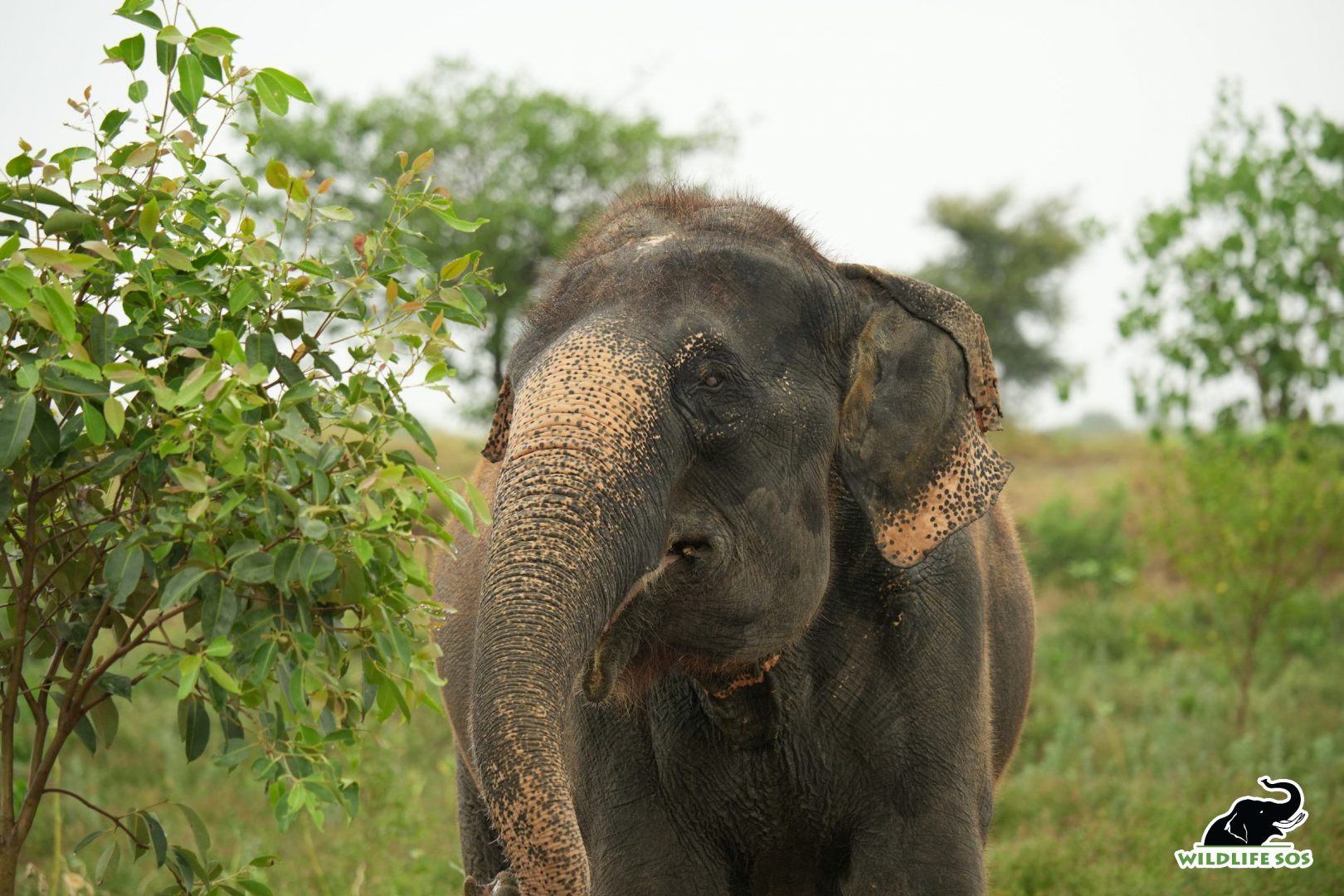
Umbrella Species: Elephants Discover Water
Elephants are known to have an impressive sense of smell. In fact, African elephants possess close to 2,000 olfactory receptor genes! Their trunks help them to detect water, and they can also detect vibrations and sounds emitted by moving water underground. In dire situations during the dry seasons, elephants may use their strength and their tusks to dig the ground to reach the water. Through this physical ability and their extraordinary memory, they locate water sources that remain hidden to other animals and even humans. While this activity benefits elephants, provision of water proves to be a boon for other wildlife in the region as well.
Ecosystem Engineers: Elephants Create New Pathways
Each day, elephants cover vast areas with dense vegetation. Their colossal size enables them to create new pathways amidst overgrown plants and bushes. By compressing thorny shrubs as they walk, these routes allow smaller animals to cross over from one point to another as well. The newfound track also permits adequate light to reach the ground that promotes the growth of plant species, the seeds of which are dispersed by elephants along the way. This is how elephants not only help themselves, but ensure the sustenance of the ecosystem as well!
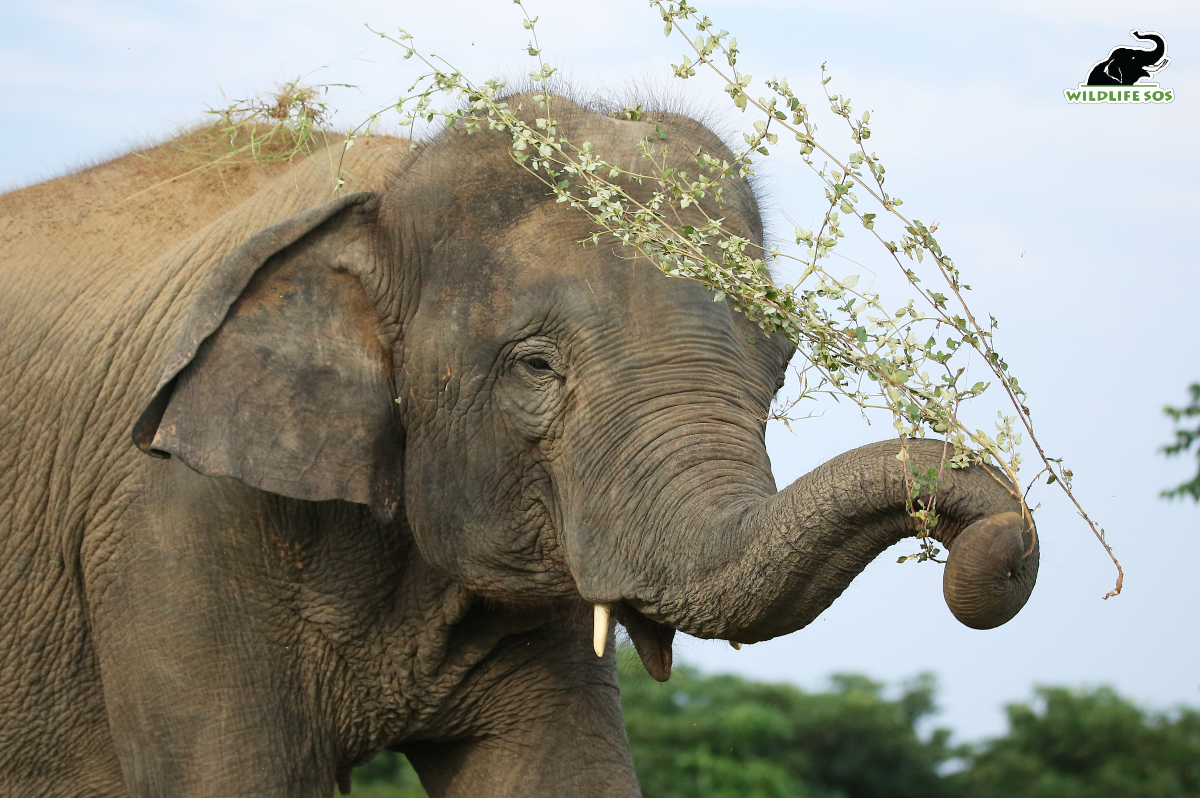
Ecological Curators: Elephants Provide Food
The dung of an elephant is a great source of food for insects. Given that the enormous mammals excrete over 15 times a day, dung is always available to animals who rely on it. Swarms of insects are quick to gather around the freshly deposited faeces. These insects later become food for the birds and animals that eat bugs. Elephant waste is collected and stored by dung beetles as a source of nourishment for their offsprings. Honey badgers then take advantage of the abundance of beetle larvae as they feed on them. Butterflies, too, have been seen visiting fresh dung because it keeps them warm. Dung consists of minerals that are essential for reproduction and is therefore consumed by male butterflies.
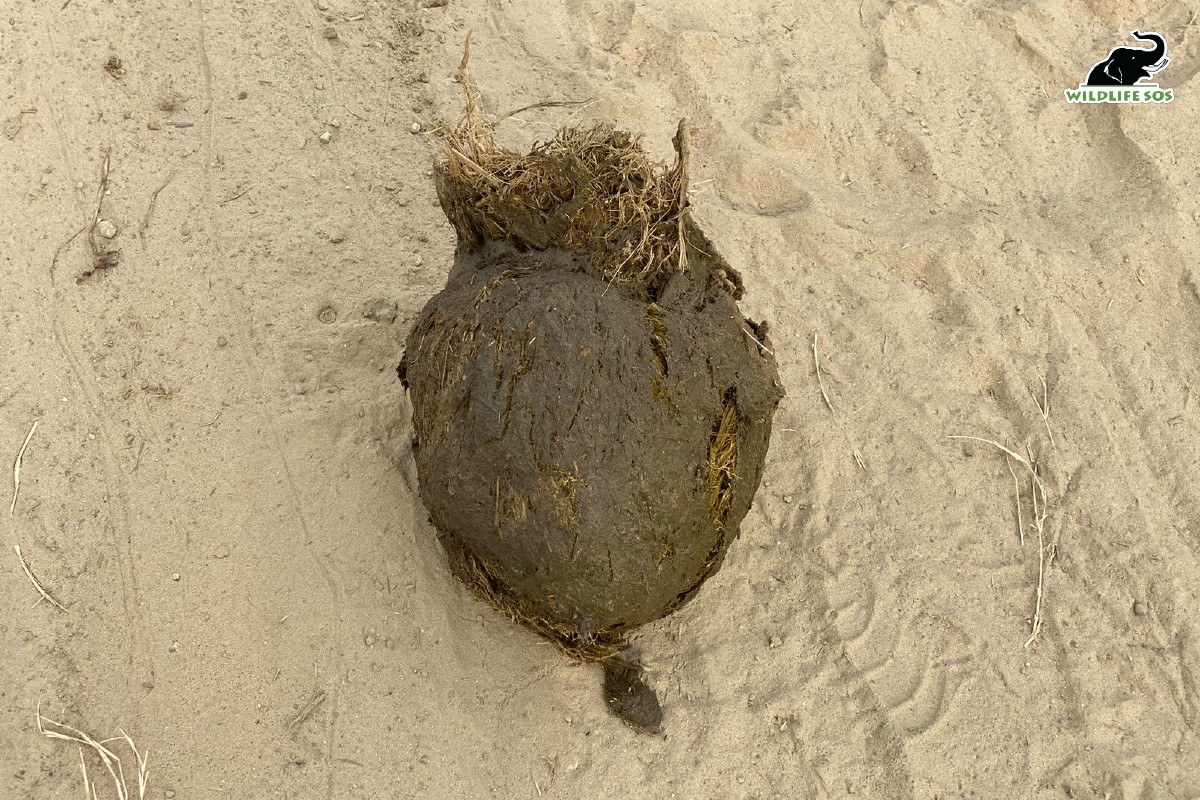
Biodiversity Protectors: Elephants Create Shelter
Besides their role as food providers, elephants also give shelter to animals like amphibians and insects. As nature’s innovative engineers, elephants leave behind deep footprints on mud that hold the secret to sustaining the ecosystem. Let’s take the example of frogs. These footprints collect rainwater, forming a natural domain for them. They are ideal, predator-free breeding spots, creating an excellent environment for these amphibians to lay their eggs and for tadpoles to grow in. In addition, these footprints link frog populations too: as water overflows from one footprint to another, a network of drains emerges, connecting isolated frog habitats.
Elephants, with their massive presence, have managed to create an ecosystem that helps the smallest animals to survive. In the daily routine of their lives, elephants unintentionally display the delicate balance that needs to exist in the environment.
Wildlife SOS has over the years rescued many distressed elephants that were being used for begging, riding tourists, performing at circuses, and for various processions. Many are unaware of how elephants are not physically capable of carrying the weight they are forced to. Wildlife SOS has launched the #RefuseToRide petition to prevent elephants from being abused in the tourism industry. The unfortunate demise of Moti instigated another petition that urges the government to urgently enforce biannual health inspection for voiceless elephants kept in captivity.
The elephants that arrived at our centres had been cruelly neglected in captivity. Their spirits had been broken, and they suffered from several physical ailments and mental stress. With required medical treatments and dedicated attention at the Elephant Conservation and Care Centre (ECCC) and Elephant Hospital Campus (EHC), these pachyderms are experiencing a life replete with love and care. To support the health and wellbeing of our rescued elephants, please consider making a donation.


